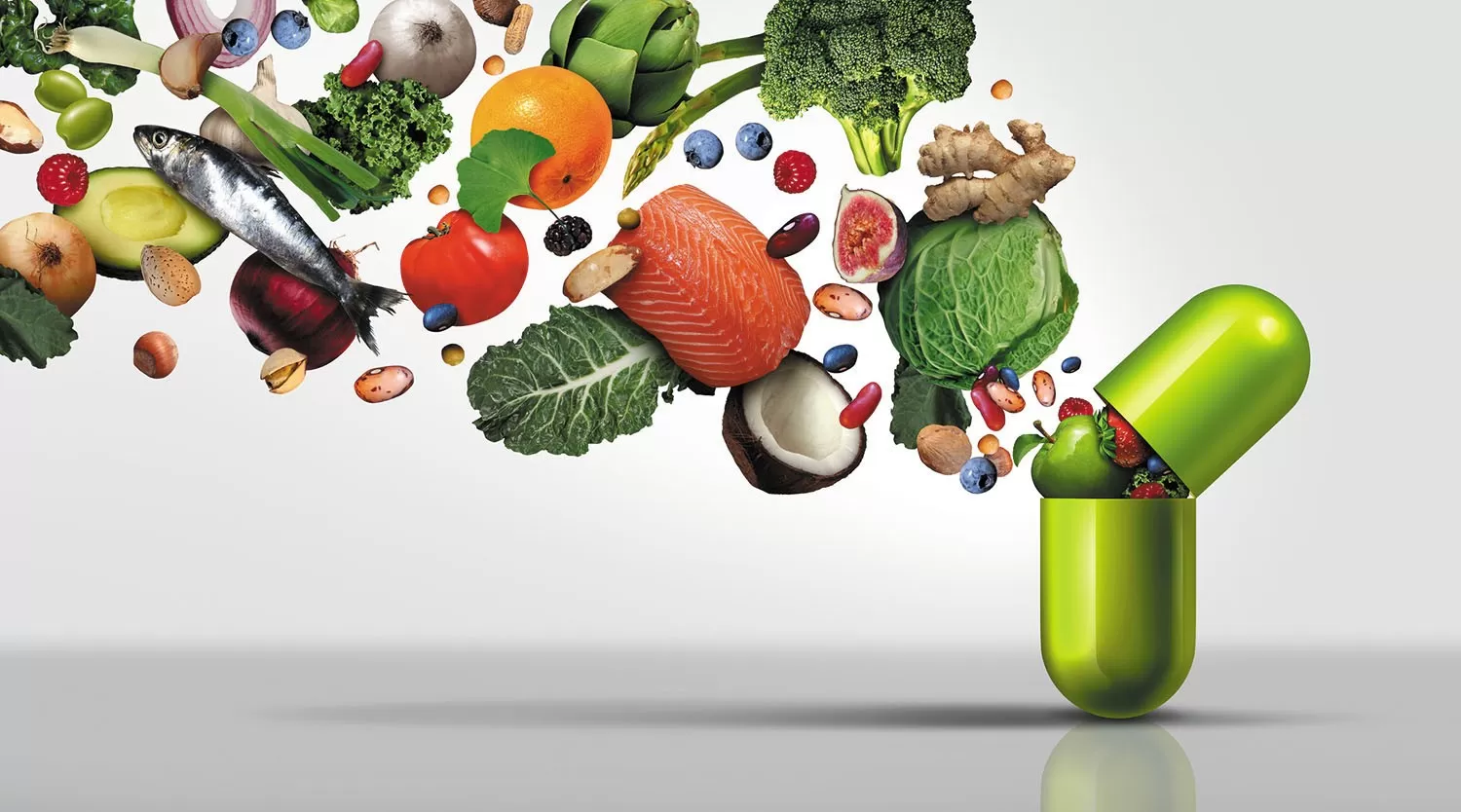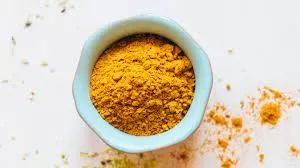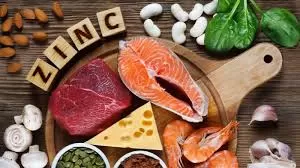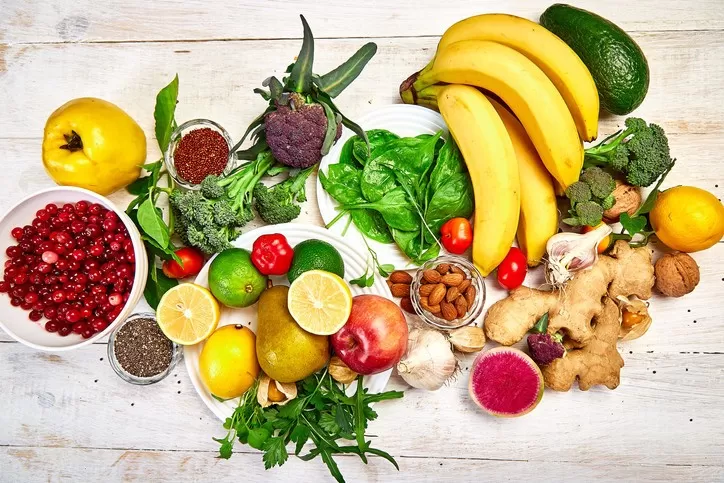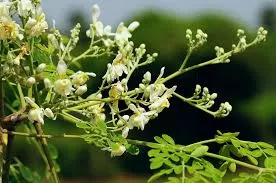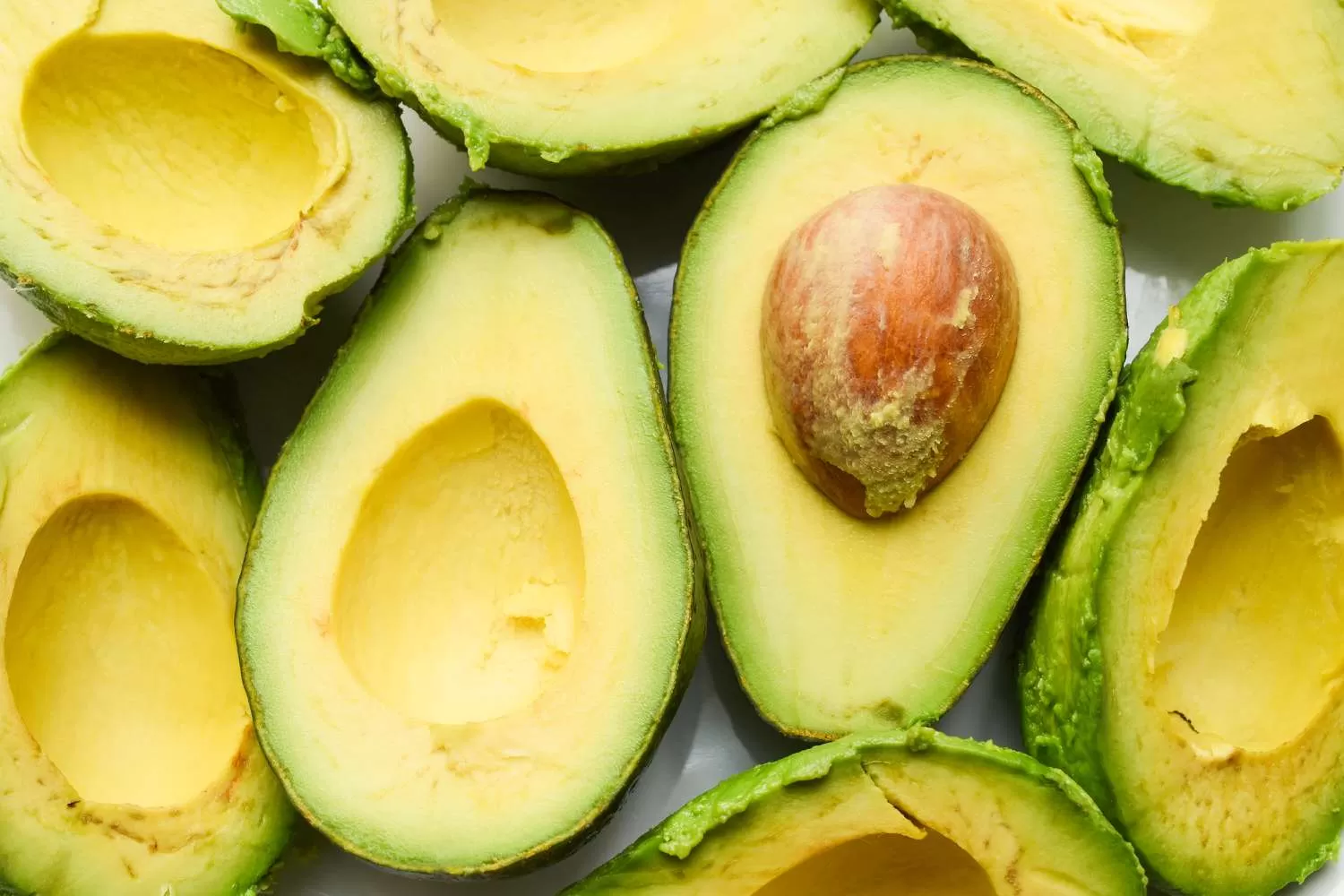- 0086-571-85302990
- sales@greenskybio.com
Flavonoid-Rich Diet: A Natural Defense Against Type 2 Diabetes
2025-05-21
A groundbreaking study utilizing data from the UK Biobank involving 113,097 participants has revealed that consuming just six servings of flavonoid-rich foods daily can significantly reduce the risk of developing type 2 diabetes (T2D) by 28%. Foods such as tea, berries, and apples have emerged as key contributors to this reduction, offering powerful metabolic benefits by combating inflammation, enhancing insulin sensitivity, and protecting vital organs. Notably, tea consumption alone indicated a 21% risk reduction, berries 15%, and apples 12%, showcasing the unique ability of these foods to fortify against metabolic dysfunction.
Flavonoids offer a holistic approach to health by targeting multiple metabolic pathways simultaneously, outshining synthetic drugs that often focus on isolated pathways and carry adverse side effects. These plant compounds even deliver their strongest benefits to those genetically predisposed to diabetes, counteracting the modern processed diets that deprive the body of essential phytonutrients. Scientific findings strongly suggest that embracing nature's medicine cabinet could be pivotal in reversing the tide of chronic disease.
Unveiling the Power of Flavonoids in Diabetes Prevention
For decades, the medical community has largely relied on pharmaceuticals to manage diabetes, often overlooking the potent metabolic regulators found in nature: flavonoids. A landmark study published in Nutrition & Diabetes highlights that just six servings of flavonoid-rich foods daily can reduce diabetes risk by nearly a third. Tracking 113,097 adults in the UK over 12 years revealed that those consuming the highest amount of flavonoids had a 28% lower risk of T2D compared to those consuming the least. Remarkably, each additional serving resulted in a 6% decrease in risk, demonstrating how small dietary adjustments can lead to profound health benefits.
"Flavonoid intake helps reduce excess fatty tissue that promotes inflammation, while also decreasing fat around muscle tissue," explains registered dietitian Megan Hilbert. "This allows muscle cells to absorb more blood glucose, enhancing the body's ability to process sugars effectively."
Flavonoid Functionality: How Nature Surpasses Pharmaceuticals
Unlike synthetic drugs that target singular pathways, flavonoids modulate the entire metabolic system:
- Flavonols (28% lower risk) found in onions, kale, and tea improve insulin signaling and GLUT4 glucose transporter activity.
- Proanthocyanidins (27% lower risk) found in berries and cocoa protect blood vessels and alleviate oxidative stress in pancreatic beta cells.
- Flavan-3-ols (26% lower risk) prevalent in tea and apples slow carbohydrate breakdown, reducing sugar absorption.
- Anthocyanins (19% lower risk) vibrant pigments in blueberries and blackberries decrease liver fat and curb systemic inflammation.
- Tannins, found in foods like pomegranates, walnuts, and dark chocolate, chelate heavy metals, assist in detoxification, and act as natural antimicrobials by binding to gut pathogens.
"These compounds regulate glucose metabolism, improve insulin signaling, reduce oxidative stress, and optimize lipid profiles," notes nutritionist Kelsey Costa, emphasizing their multi-faceted approach to combating diabetes.
Tea: Balancing Benefits with Potential Risks
Tea, particularly rich in flavonoid polymers and flavan-3-ols, stands out as a powerful diabetes fighter. However, the study noted a potential risk associated with fluoride accumulation in older tea leaves, particularly in black tea, which can harm bones and teeth with excessive intake.
Recommendations include:
- Opting for white or young-leaf teas that contain lower fluoride levels.
- Brewing tea using filtered water to avoid added fluoride.
- Rotating tea consumption with herbal infusions such as hibiscus or chamomile to diversify intake.
Key Foods for Diabetes Prevention
The study identified specific foods offering the strongest protection:
- Tea (4 cups/day): 21% lower risk
- Berries (1 serving/day): 15% lower risk
- Apples (1 serving/day): 12% lower risk
- Citrus fruits, onions, and dark chocolate also provide significant secondary benefits.
Historically, humans consumed ten times more flavonoids than today. Modern diets, dominated by processed food rich in refined sugars and oxidized oils, have diminished these critical compounds, exacerbating the diabetes epidemic. The findings emphasize returning to a diet rooted in nature to reclaim metabolic health and stave off chronic diseases.
-
Goldenseal: A Historic Herbal Remedy at Risk
2025-05-21





